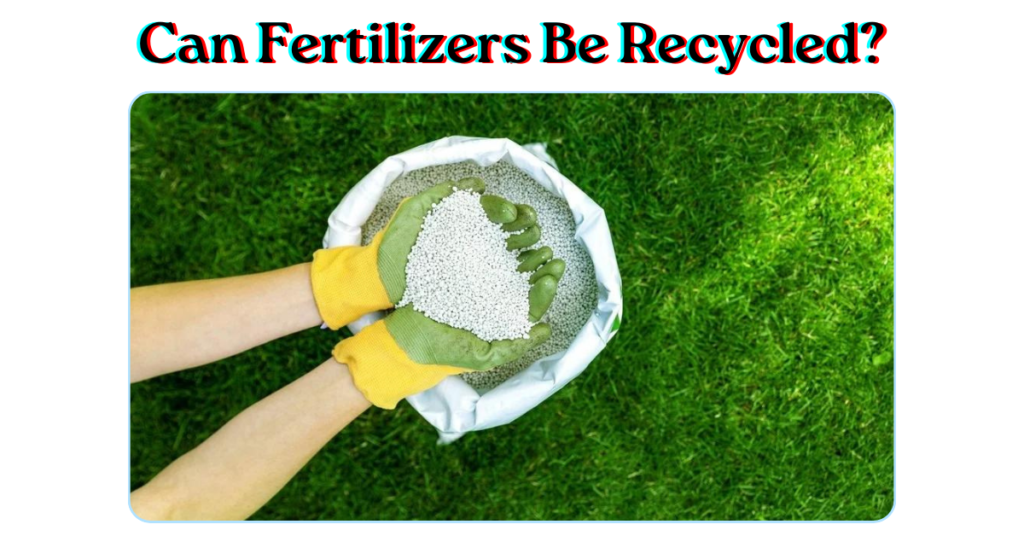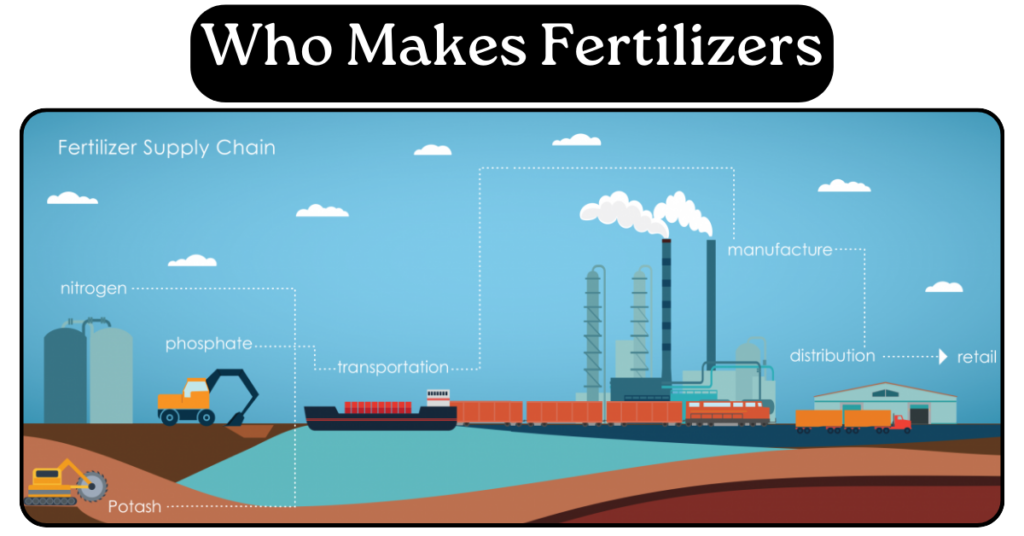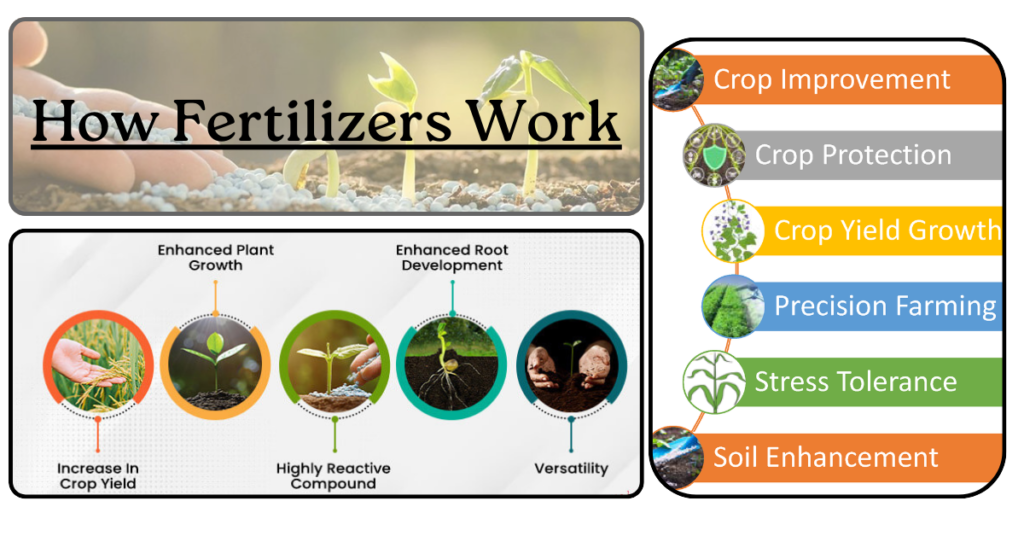Can Fertilizers Cause Cancer?
In the intricate tapestry of modern agriculture, fertilizers stand as both saviors and subjects of scrutiny. While these essential components contribute to bountiful crop yields, a pressing question lingers in the air: can fertilizers cause cancer? In our pursuit of agricultural efficiency, the potential health implications of these chemical concoctions cannot be ignored. This blog post embarks on a journey to unravel the scientific intricacies and controversies surrounding the relationship between fertilizers and cancer. From the composition of fertilizers to the environmental impact, we explore the various facets of this debate, shedding light on both the risks and the precautionary measures that can pave the way for a healthier future. Join us as we navigate through the fields of research, regulatory oversight, and the collective responsibility to safeguard human health and the environment.
Can Fertilizers Cause Cancer? Read More »









